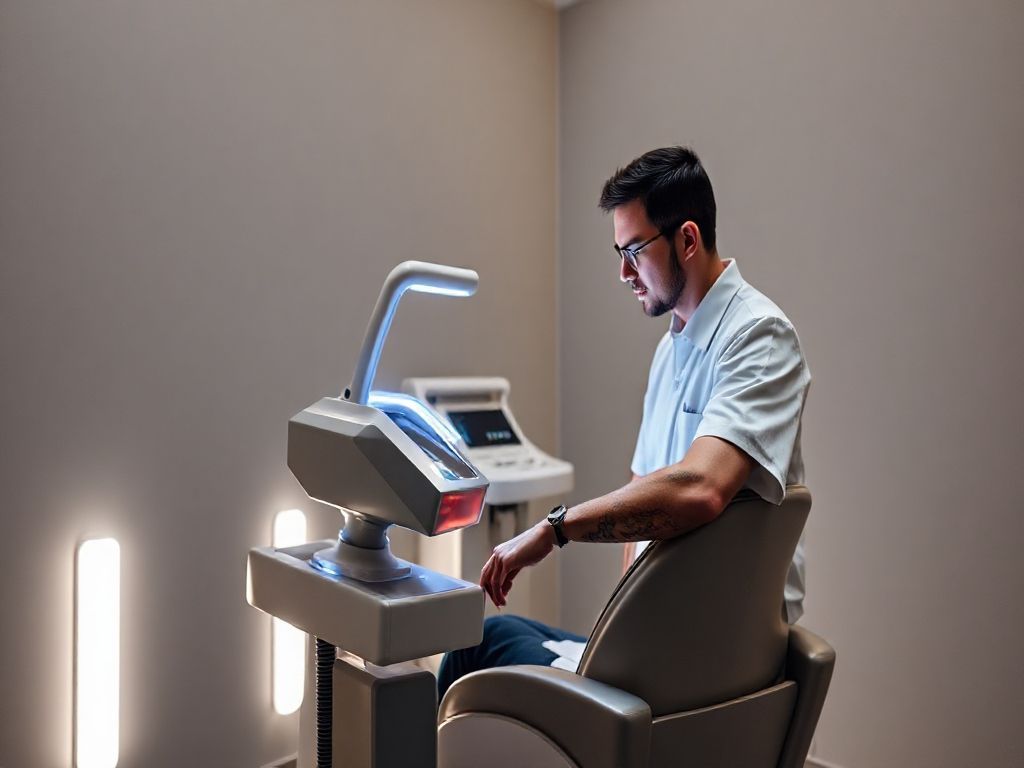Seven Things You Need to Know Before Tattoo Removal

Tattoos are a form of expression of personalities. However, many people regret having tattoos on their bodies and keep looking for the best tattoo removal studios to wipe them out.
There are many reasons why you may go for tattoo removal. For example, the tattoo you did in your teens may not look appealing as you grow older. Or the tattoo you have didn’t come out as you expected, and so you want to get rid of it.
Thankfully, although tattoos are permanent, you can still remove them. But you need to learn the following few key things before tattoo removal.
#1 Go for the Best Tattoo Removal Specialist
You should contact the best tattoo removal specialist to ensure you don’t fall into the wrong hands; otherwise, your experience could be excruciating. The experienced tattoo specialists have the latest heat laser technology in place to ensure your skin doesn’t get burned or scarred.
Ask your friends and family, see what the influencers say, search online, look for Google reviews, or ask people you see with removal in process.
#2 Be Patient as The Process is Time-Consuming
Tattoos don’t just vanish after a once-over with the laser. A complete tattoo removal could take around a minimum of 2.5 years on average. It would be best if you schedule your laser treatments three months apart from one another, so you get the most out of each treatment. It will help your body to break down as much of the tattoo as it can and would also provide your body the chance to heal fully before your next session.
It takes time because each tattoo is lasered, particles are broken down and digested by the body’s immune system. The regeneration period could take up to two months. And the next time you visit your tattoo artist, the laser breaks down new particles of pigment. And so and so forth.
#3 Tatto Removal Is Expensive
Tattoo removal could be costly, so be prepared for that. According to The American Society for Aesthetic Plastic Surgery, the average cost per session for tattoo removal is $463. The price also varies depending on the color, age, and size of your tattoo.
#4 You May Feel Pain During the Session
The amount of pain you could have depends primarily on the location of the tattoo. If you go through laser treatment, you could feel having an elastic band repeatedly striking the skin.
However, the feeling of pain could also be a bit psychological. It is entirely individualized. If you know that tattoo removal will be painful, you will go into it with that expectation even if you visit the best tattoo removal specialist.
Some tattoo artists use a topical numbing cream to take the edge off the procedure. Some even use a chiller that uses cold air to make you feel comfortable. And some artists use local anesthesia on the tattoo.
#5 You May Experience Some Side Effects
You may experience some side effects after tattoo removal, including bleeding, blistering of the skin, inflammation of the tattooed area, and darkening or redness of the skin. But, they are temporary and subside in a few weeks. However, lightening or darkening of the skin can last for almost a year. Burns, scarring, and textual changes to the skin are also other side effects you could have, which are often permanent. If you have any concerns or queries, consult the best tattoo removal specialist and get answers to your questions.
#6 You Need to Attend Multiple Sessions
Ideally, you may need to go for 6-10 sessions on average to remove your tattoo. However, the number of sessions varies on several factors, such as the number of colors in your tattoo and its location.
You should also wait for at least 1.5 months between sessions to diminish the risk of side effects.
#7 The Entire Tattoo May Not Go Away Completely
Every tattoo is different. If you have a deeper tattoo ink injected into your skin, it would be challenging to remove. Tattoo removal could even cause permanent scarring or leave behind a faint shadow of your tattoo. However, there is the latest technology called PicoSure that has the potential to obliterate your tattoo.

